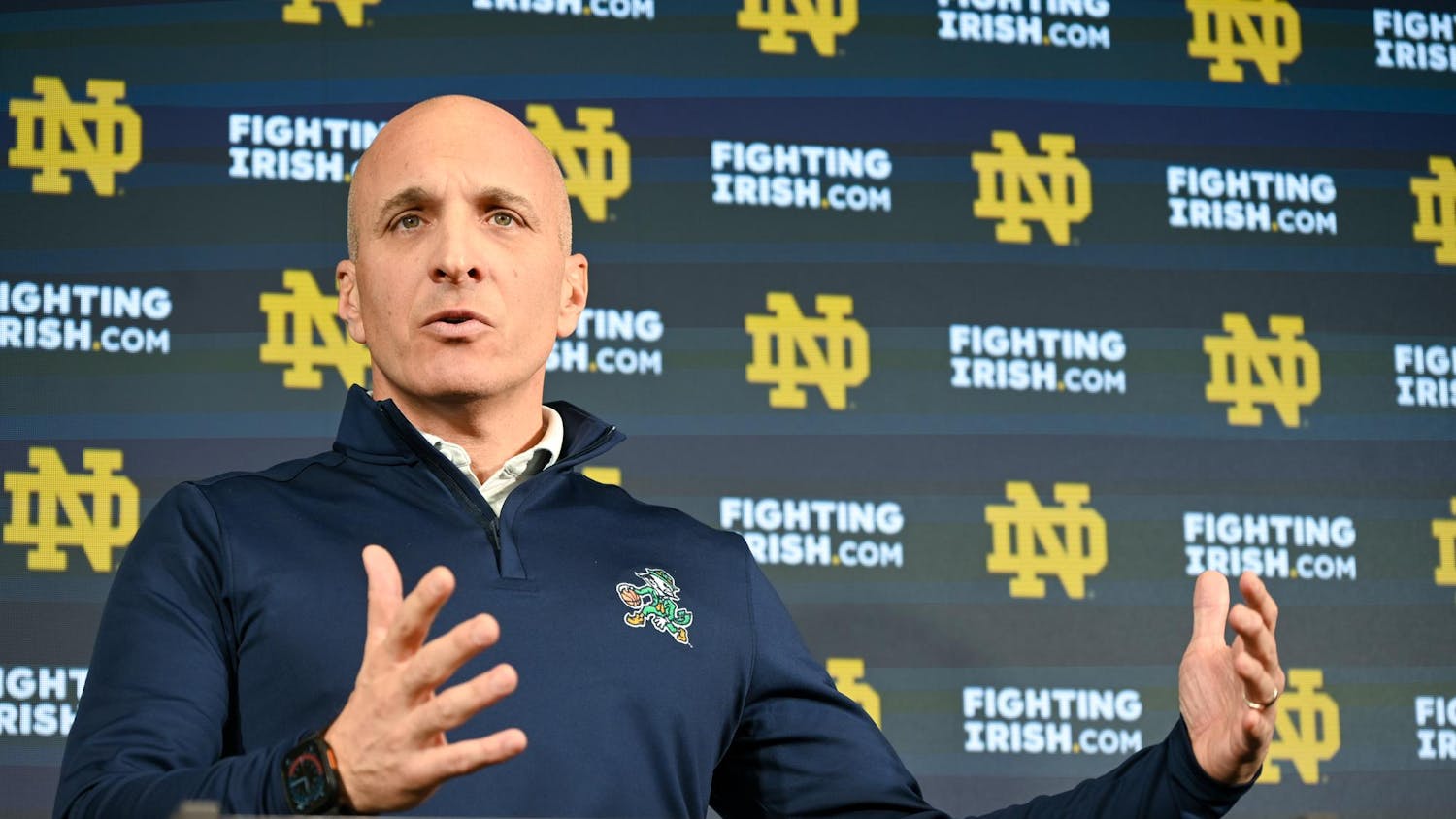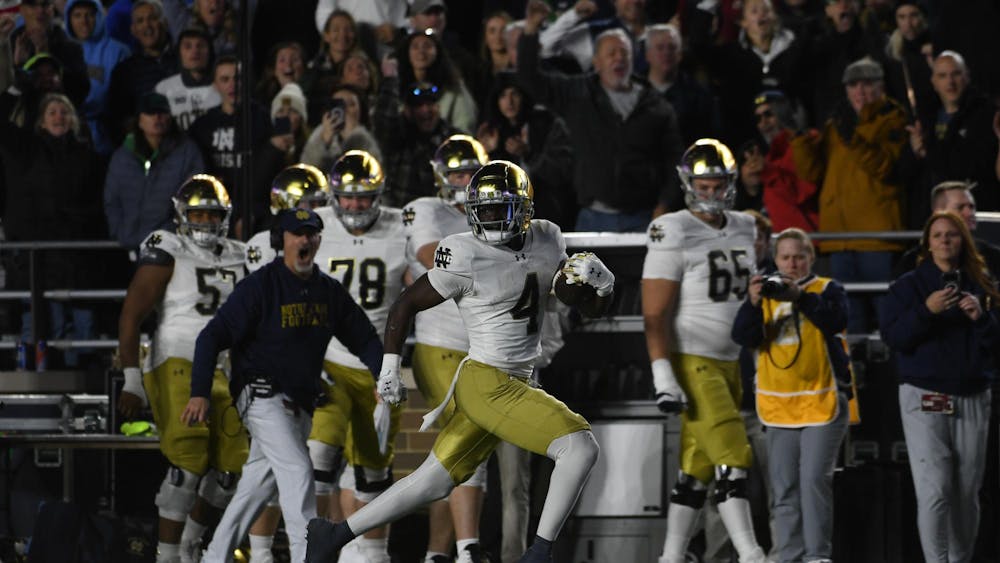Dear fans of Bury FC,
After 125 years, it is all suddenly over. Though perhaps not world-renowned (you spent much of your recent history in the third and fourth tiers), your proud club was a founding member of England’s Football League, but that has not saved your city’s pride and joy from being officially expelled from the English Football League (EFL) due to impending bankruptcy. As one of you remarked to The Guardian, “the heartbeat” of your tiny industrial city is gone. The blame, of course, falls mostly on former owner Stewart Day, who financed a team your club could not afford with shares from his now insolvent property company, and Steve Dale, the businessman who was permitted by the EFL to buy your financially stricken club for a single pound last December even though he did not provide adequate evidence that he could actually save it. Your fate, however, threatens to be far more than an isolated incident. As the Premier League continues to provide unprecedented revenue to the county’s biggest clubs, the foundation the most watched league in the world rests upon is slowly collapsing. Why? The blame might actually lie partly with me (and the millions of fans throughout North America who also watch the EPL), and for that, I am deeply sorry.
Football may be the world’s game, but you certainly deserve a primary stake. Clubs both big and small add so much value to cities and communities like yours because you are the descendants of those who birthed the game. Club football, rather than the steam engine, might actually be the invention that best defines the Industrial Revolution. Increasing commercialization and globalization of the game, however, coincided with the post-industrial decline that hit cities like Bury hard. Almost thirty years after the Premier League broke away from the rest of the EFL in 1992 to open the door to more lucrative TV and sponsorship deals, football is your game no longer. It is now the domain of sheiks, oligarchs and demagogues, and while they claim to love bringing England’s game to the world, they seem to care very little about the grassroots football that crumbles in their wake.
Let me clear, the ability of Premier League clubs to take advantage of emerging markets such as North America and East Asia and attract many new fans like myself has had its benefits, especially for players. Before England’s big clubs became extremely successful business ventures, hooliganism was rife, stadiums crumbled, and the actual games were usually about as enthralling as last week’s Packers-Bears snooze fest. Thanks to massive TV deals with broadcasters around the globe, especially in the United States, many of the best players in the world flock to England to receive wages that would have been incomprehensible just three decades ago. This economic boom, however, has put massive costs on the social value traditionally generated by both the sharks and minnows of the English game. The steady rise in ticket prices has been a problem for years, as corporate boxes and tourists have replaced traditional supporters in the stands. Further down the pyramid, the negative effects have been particularly acute. Premier League wealth has not trickled down in terms of revenue. Rather, it has simply inflated the pay scale, causing many owners like Day to overspend in order to stay competitive, or as in the case of your Bury, chase the dream of promotion. Regulations meant to prevent this have clearly not worked well enough, in part because giants like Manchester City, for example, have little incentive to comply. City, who suddenly rose to prominence over the last decade thanks to the backing of Abu Dhabi’s royal family, might consistently face vague “investigations” or even the threat of a Champions League ban under the suspicion of breaking Financial Fair Play rules, but for clubs like Bury, the consequences can be far more severe. Without virtually infinite financial backing, staying alive in a country dominated by the Premier League is a tremendous challenge.
That is why the prospect of a breakaway “European Super League,” consisting of the continent’s richest clubs, is so frightening. Most people realize that it is a horrible idea, but preventing immensely rich and powerful figures such as Abu Dhabi’s royal family or Chelsea owner, and close buddy of Vladimir Putin, Roman Abramovich from having their way could prove extremely difficult. As fans of Bury, you would probably not wish your predicament on any other supporter, but such a “super league” could prove disastrous for the vast majority of clubs throughout Europe. Thinking that a club with the stature of Everton, for example, could go under might sound crazy now, but one of your main rivals, Bolton Wanderers, would most likely disagree. They were members of the Premier League as recently as 2012, but they narrowly escaped your fate themselves last week. Clearly, the enormous revenues generated by attracting new fans around the world, like myself, to clubs run by ridiculously wealthy foreign owners has not been beneficial to all, especially those affiliated with football’s roots in industrial England.
Sadly, I do not know how to make amends. I certainly can not bring Bury back. Perhaps the best thing I can do is to stop being a part of the problem. If a European Super League ever does come to pass, I hope my fellow American fans and I will refuse to watch and support such a contamination of your game. If the situation in England fails to improve, maybe Americans will have to switch their focus to Germany, where sustainable clubs, low ticket prices, and thriving lower tiers are matched by a product just as, if not more, exciting than that of the EPL. To put it simply, I no longer want my enjoyment of the English game to come at the expense of its heart and soul, and so I hope you can accept my apology. I wish you all the best in getting your club back.
Yours Truly,
An American Fan of the English Premier League
Read More
Trending









